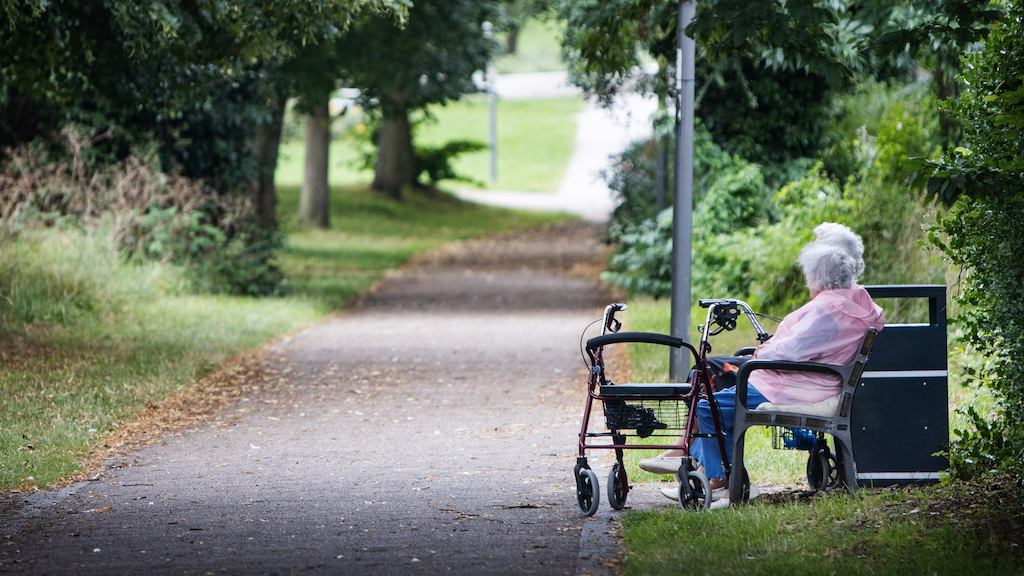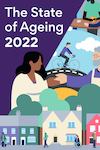The UK state pension is becoming increasingly inadequate and is one of the worst in Europe, providing just 58% of previous earnings from work – below the OECD average of 62%. In a period when the State Pension age has risen to 66, employment rates among people approaching retirement age have fallen to their lowest levels since 2016.
‘Disability-Free Life Expectancy’ continues its concerning trajectory – meaning that we are living an ever-greater proportion of our lives with disabling health conditions.
The report highlights other trends that will have a significant impact on people’s security and quality of life in old age. These include increasing numbers of older people living alone, with 1.3 million more people aged 45 and over living alone in 2020 than in 2000, and the number of people aged over 55 privately renting homes reaching an all-time high of 867,000.
The public polling supports calls for an Older People’s Commissioner. Over two thirds (68%) of the public support the creation of the independent role, which would safeguard and support the rights of older people – an overdue move that would bring England in line with existing protections in Wales and Northern Ireland. Moreover, the move is largely supported across all age groups and political backgrounds.
The polling also shows that the public expects both central government and local authorities to take greater action to ensure a good later life for all.


